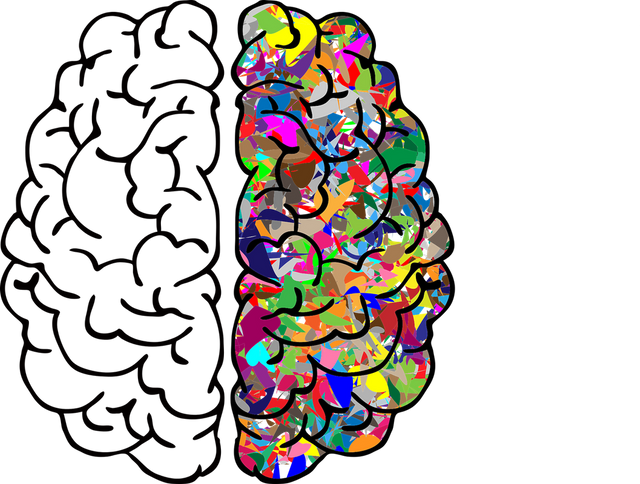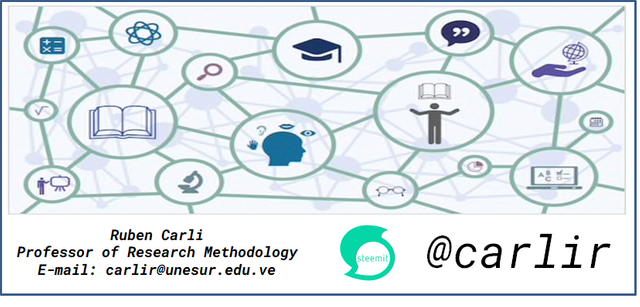
Greetings to all my dear readers of this platform, continuing with my publications related to the management area, today I will share with you a very interesting topic about emotional intelligence and how it can be a key factor in the management of human talent in organizations and even in the personal life of each individual.
Nowadays, organizations seek continuous improvement in the quality of care, services and execution of activities, therefore, they are in search of different tactics to achieve their objectives, in order to meet the needs and their reason for existence. Thus, their concern is in their own resource or human talent, that is, they want to generate work commitment, motivation and job satisfaction so that the emotionally satisfied worker provides better quality of service and attention, says Goleman (2001).
In this sense, it is necessary to identify the factors that influence human talent and its harmonious work performance, and previous bibliographic reviews have shown that the conduction of emotions tends to be able to have a positive or negative impact on the life of the human being. For this reason, it is key to focus on the proper management of emotions so that their identification and self-control can be optimized. In this regard, Londoño (2009), states that emotional intelligence is related to the ability to recognize one's own feelings, the feelings of others and the motivation to conduct relationships with ourselves and with others properly.

Source
Therefore, intrapersonal intelligence is the set of skills that allow us to form an accurate and truthful model of ourselves; and interpersonal intelligence is the ability to attend to other people, interact with them and establish empathy. These together make up emotional intelligence and together determine the ability to lead life in a satisfactory manner. Goleman 2005, defines the term emotional intelligence as "the human capacity to feel, understand, control and modify emotional states in oneself and in others. Emotional intelligence is not stifling emotions, but directing and balancing them". (pp.22). Emotion and intellect are two halves of a whole.
Many researches point out that emotionally expert workers know and manage their own feelings well and interpret them, deal efficiently with the feelings of others, and show greater empathy in the services that have to do with direct contact with people, says the aforementioned author. Thus, emotional intelligence becomes a tool to provide solutions to current problems and face the challenges of their work. It emerges then, the interest to study and develop the incidence of the E.I. as a key in the execution of the activities of the administrative management, in order to optimize the efficiency and effectiveness of the administrative process. In such a way, that the impact can be supported and the institution can find the way to satisfy with adequate and timely strategies to cover its expectations and needs of the Human Talent.

- Goleman, D. (2001). Emotional intelligence perspectives on a theory of performance. En C. Cherniss, & D. Goleman (Eds.), The emotionally intelligent workplace. San Francisco: Jossey- Bass.
- Goleman, D., y Cherniss, C. (2005). Emotional intelligence at work: how to select and improve emotional intelligence in individuals, groups and organizations. Barcelona, Spain: Kairós.

